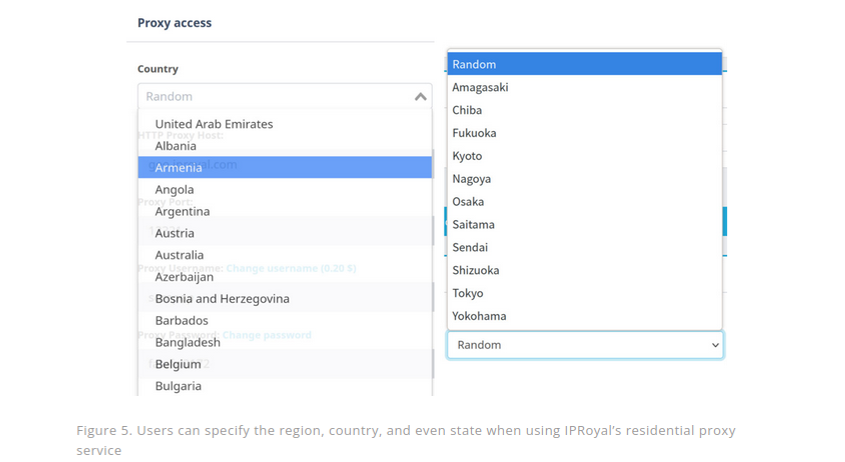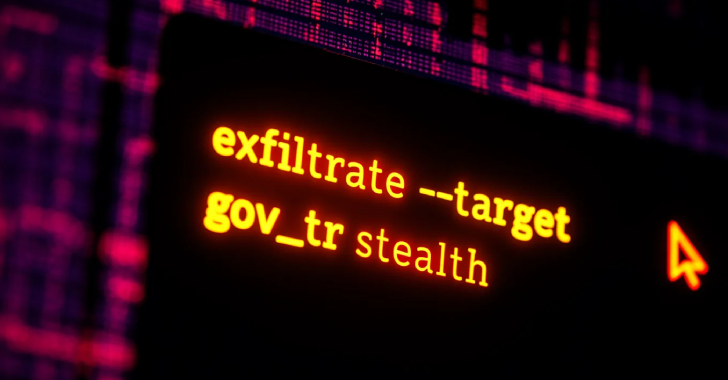
Ways to Maintain CJIS Compliance
Criminal Justice Information Services (CJIS) compliance is a mandatory requirement for organizations handling criminal justice information. Ensuring continued compliance with CJIS standards is crucial for safeguarding sensitive data and maintaining the trust of law enforcement agencies. In this article, we will explore several key ways organizations can effectively maintain CJIS compliance.
Regular Assessments and Audits
Regular assessments and audits are vital for maintaining CJIS compliance. Organizations must conduct internal and external audits to review their security controls and ensure adherence to CJIS requirements. These audits can identify any gaps or weaknesses in the organization’s systems and processes, allowing for prompt remediation and continuous improvement.
Stay Informed of Policy Changes
CJIS policies and requirements may evolve over time. It is essential for organizations to stay informed of any policy changes, revisions, or updates. The FBI and CJIS Division regularly release bulletins, advisories, and guidelines to communicate changes in CJIS practices. Subscribing to these notifications and actively monitoring policy updates will help organizations remain current with CJIS compliance requirements.
Maintain a Robust Security Program
Implementing a robust security program is key to maintaining CJIS compliance. Organizations should establish and enforce policies, procedures, and controls that align with the CJIS Security Policy. This includes having appropriate physical and logical access controls, encryption measures, incident response plans, and network security measures in place. Regularly review and update these security measures to address emerging threats and vulnerabilities.
Ongoing Employee Training and Awareness
Employees play a critical role in maintaining CJIS compliance. Ongoing training and awareness programs ensure that employees are knowledgeable about their responsibilities and understand the risks associated with handling criminal justice information. Organizations should provide regular training sessions that cover data handling, security best practices, incident reporting, and ethical conduct. Reinforcing security awareness and conducting periodic refresher courses will help keep employees engaged and informed.
Data Classification and Management
Classifying and managing data appropriately is vital for CJIS compliance. Organizations should establish clear data classification policies to determine the sensitivity level of the information they handle. This enables them to apply the necessary security controls and protections based on the data’s classification. Implementing data access controls, encryption, and secure storage procedures aligned with the data classification framework ensures the proper handling and protection of sensitive information.
Implement Strong Access Controls
Enforcing strong access controls is crucial in maintaining CJIS compliance. Organizations should implement multifactor authentication (MFA) mechanisms to ensure that only authorized individuals can access criminal justice information. By employing strong passwords, user account management processes, and regular access reviews, organizations can mitigate the risk of unauthorized access and potential data breaches.
Regular Patching and Vulnerability Management
Keeping systems up-to-date with the latest patches and security updates is essential for maintaining CJIS compliance. Regularly patching software and firmware helps address known vulnerabilities and strengthens the security posture of the organization. Implementing a robust vulnerability management program, including regular vulnerability scans and assessments, allows organizations to identify and mitigate potential risks promptly.
Monitoring and Incident Response
Effective monitoring and incident response mechanisms are critical for maintaining CJIS compliance. Organizations should implement robust monitoring tools and techniques to detect and alert on any suspicious activity or potential security incidents. Regularly review audit logs, conduct real-time monitoring, and establish incident response procedures aligned with CJIS guidelines. Being prepared to respond quickly and effectively to security incidents minimizes potential damage and aids in maintaining compliance.
Contractual Agreements with Third-Party Vendors
If an organization engages third-party vendors or service providers that handle criminal justice information, it is crucial to have solid contractual agreements in place. These agreements should outline the security requirements and responsibilities of all parties involved. Organizations must ensure that third-party vendors are also CJIS compliant and conduct regular audits and assessments to ensure ongoing adherence to security standards.
Document Policies and Procedures
Maintaining detailed documentation of policies and procedures is key to demonstrating CJIS compliance. Organizations should maintain a repository of all CJIS-related policies, procedures, and guidelines. This documentation should be regularly reviewed, updated, and easily accessible to employees. Having clear documentation ensures that employees understand the organization’s security practices and can follow proper procedures.
In conclusion, maintaining CJIS compliance requires organizations to adopt a proactive and comprehensive approach to data security. Regular assessments and audits, staying informed of policy changes, maintaining a robust security program, and ongoing employee training are all crucial elements of maintaining compliance. Effective data classification, strong access controls, regular patching, monitoring, and incident response procedures are also essential. Contractual agreements with third-party vendors and comprehensive documentation of policies and procedures round out the strategies organizations should employ to ensure they remain CJIS compliant. By implementing these measures, organizations can effectively protect sensitive data and maintain trust with law enforcement agencies.
Contact Cyber Defense Advisors to learn more about our CJIS Compliance solutions.





